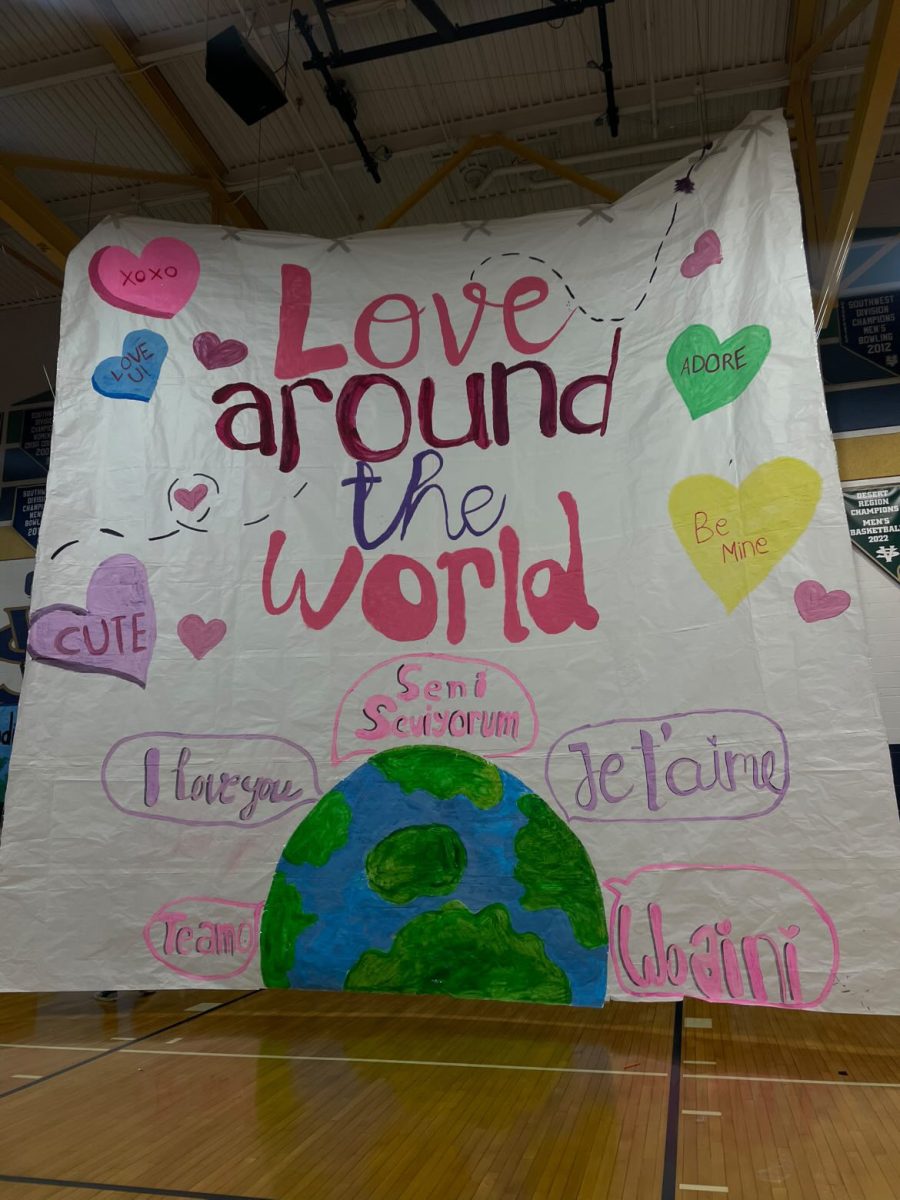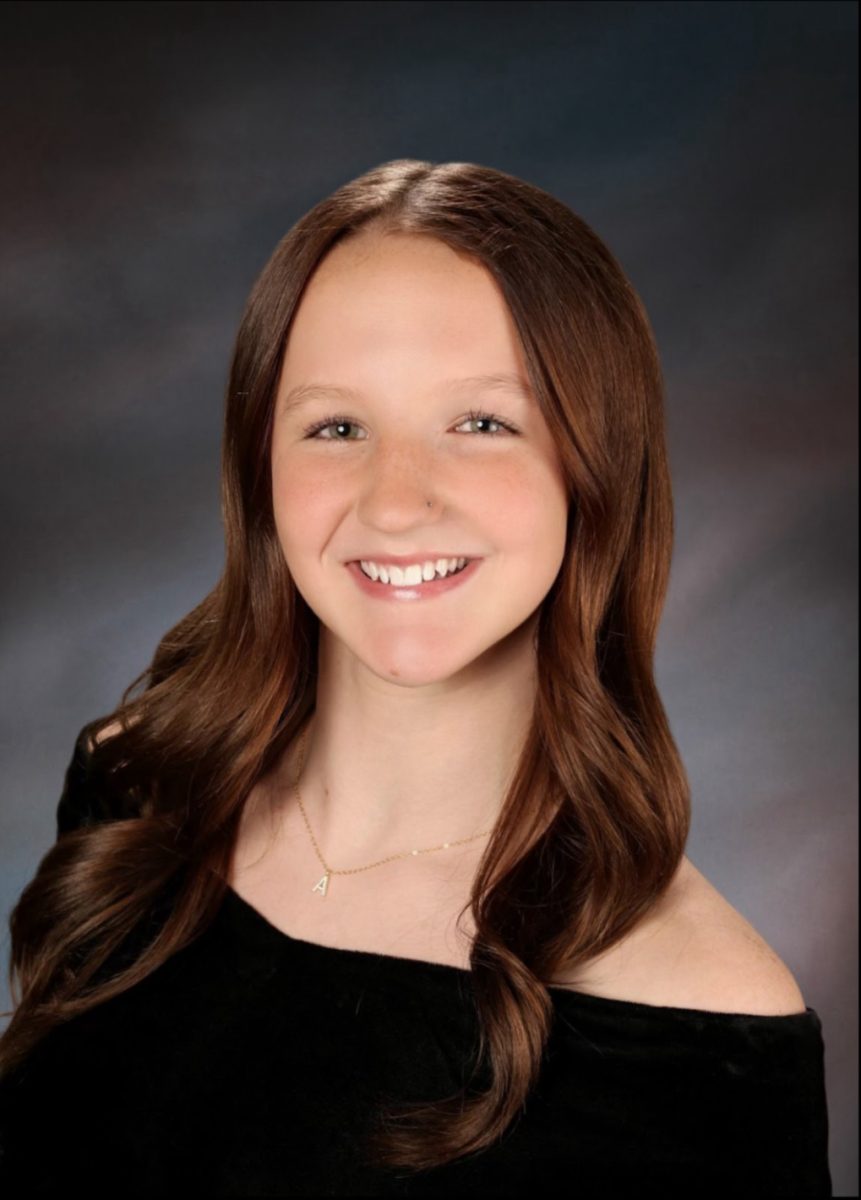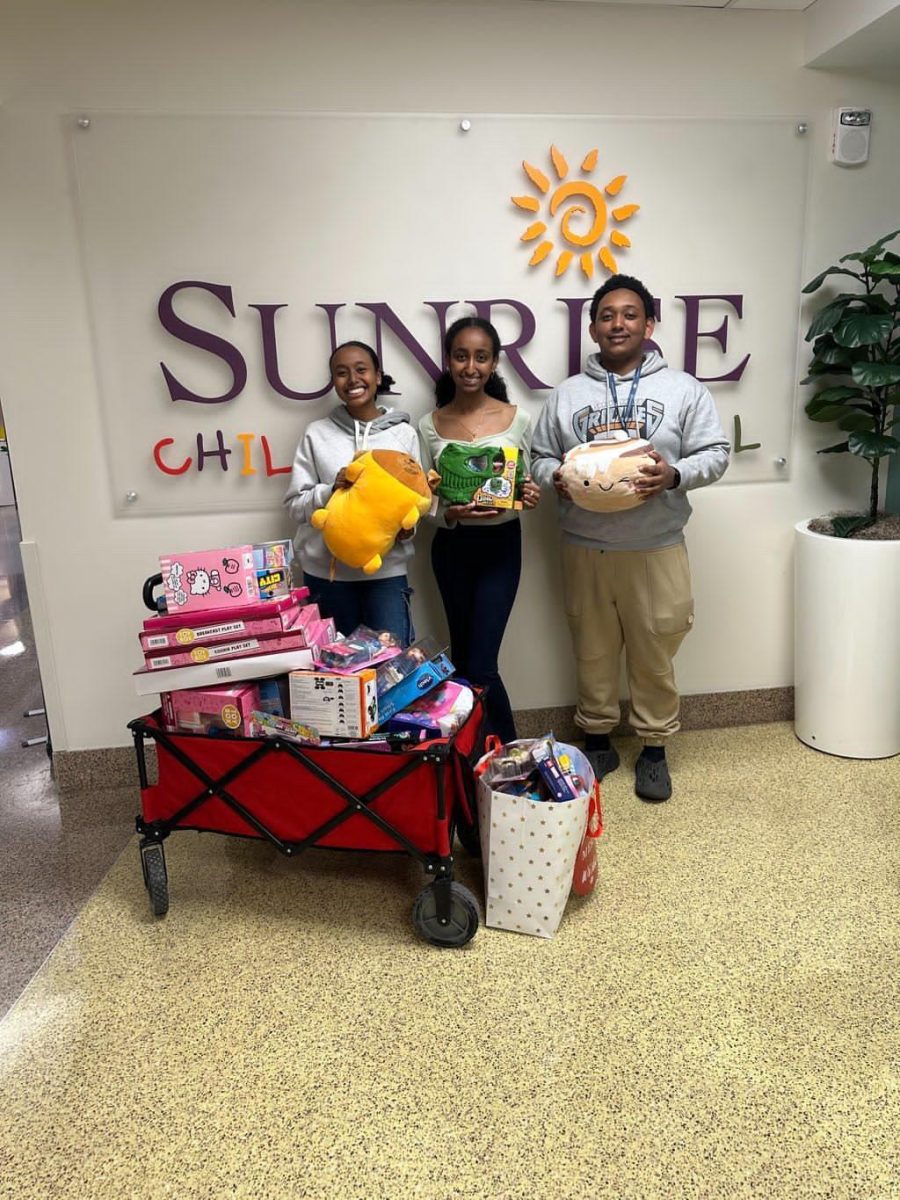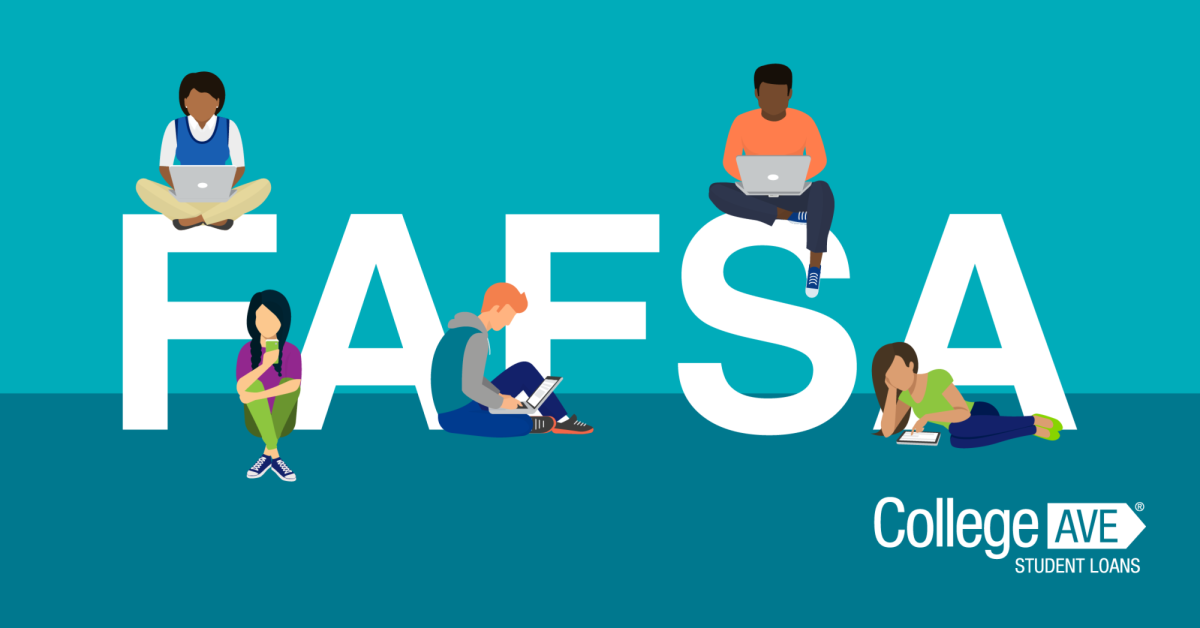As cultural talks spread throughout the nation, one in four Latinos feel their daily discrimination is being overlooked, according to a 2017 study conducted by Harvard University. When applying for jobs, 33% of Latinos said they felt personally discriminated against. When paying rent, 31% said they faced discrimination, and 27% saw it when interacting with the police.
But one group on campus is trying to counteract the discrimination and make Spring Valley students feel like they belong.
“[Latinos] get a lot of recognition, but for the wrong reasons, very much for the wrong reasons… via republican rhetoric about illegal aliens, like just the word itself illegal alien, just alien by itself. It’s horrifying,” SOL President, Patricio ‘Pato’ Gonzalez said. “We are not classified in the media as people, clearly, and it’s affecting much of how people see us in everyday life. And it’s not how it should be. It’s not how I want people to see me as. I would not want to sit by and see fellow brothers and sisters be racially profiled and unfairly treated just for being Mexicans.”
After two years of quiet operation, the Student Organization of Latinos, also known as SOL, is gaining more popularity around campus. The club, which focuses on Latino unity, takes part in many different activities with the aim of bringing Latinos together and showing them they are not alone.
“Latin America has always been characterized as having wars within each other,” SOL President Patricio Gonzales said. “Because Latin American cultures are always discriminant of different cultures, we don’t want that in this country and we don’t want that… in this club… we’re all sharing the same root culture.”
The environment of the club is open to all students regardless of their ethnicity. Every Friday in Ms. Hardy’s room, a group of Latinos can be found learning more about themselves and others around them. Games like ‘Toma todo (Winner takes all)” and “ponerle la cola al burro (pin the tail on the donkey), which are all traditional games, are a part of how SOL brings many different people together. While the club focuses on fun and bringing students together, it also includes conversations about pressing issues the community faces, including immigration.
Latinos are not the only ones facing the problems of racial profiling, many Asian American and African American students are also dealing with these problems.
“I see so many kids, for example from different countries in Africa, different countries in Asia, they’re dealing with the exact same struggle Latino families are,” SOL Adviser, Diane Hardy said. “It’s not just a problem for the Latino community. I’ve had many kids tell me stories of incidents that they faced. And in talking to the leadership, or the advisers of the BSU, a lot of black students face those same things. I do think there are a lot of people on the staff that are working really hard to make positive change for all of our kids here, regardless of background. A great thing about SV though is there’s a lot of opportunities, and SOL is an opportunity.”
As a teacher and confidant of many student immigrants, Hardy feels the weight of threats to current immigration policy more than others who are not exposed to it. SOL takes situations like this seriously, as most of the members in the club are of Latino descent.
“I see the reality, the immigrant children live in, even in our school,” Hardy said. “I mean I literally in my career have held kids in my arms after their mothers have been deported. And they’re just no words that you can use. I just found out about another student, having a relative deported just yesterday.”
Many non-caucasian people in the United States have expressed their concern for the way many races are portrayed since President Donald Trump took office. According to a 2017 study by NBC News, 62% of Latino news since the Trump administration took office in 2016 has been negative. Whether or not the Latino community gets recognition is not the question instead is whether or not it affects perception negatively or not at all. Many immigrants, like Gonzalez, seem to lean towards the negative thought.
According to Hardy, she wouldn’t be surprised if many students were willing to protest over the negative comments and ideals the government seems to be sponsoring, which sometimes translates into their school lives.
“When I hear a kid’s name mispronounced, it’s very uncomfortable to me because… the most basic form of recognition is being able to say their names,” Hardy said. “But… a lot of kids from immigrant cultures would never correct their teacher so I think teachers need to ask, how do you say your name. I mean, such a basic acknowledgement of their humanity is to know their names.”
SOL has become such an important part of the lives of many Latino students because of the growing community. For Hardy, the sight of what the club has become over the past two years is a touching one.
“For me … watching the students just be able to spend time together and share aspects of their culture with each other, it’s really powerful to watch, to watch kids learn more about their family’s own heritage, and then to share that, it’s just, as a teacher, it’s an extraordinary thing to see”, Hardy said.
The most recent activity SOL planned was bringing the Mariachi band from (School) to Spring Valley to play during lunch. The experience highlighted an important aspect of traditional Mexican culture, and proved the importance of cultural representation for young students.
“[The visit] meant a lot to me and I know it meant a lot to so many students,” Hardy said. “Kids I didn’t even know are coming up and thanking me and… well I just facilitated this but I could see how deeply a lot of the kids were feeling that moment, hearing the music of their parents, maybe even themselves or their grandparents. And, you know, I could feel it was going into their souls. Even the kids who weren’t Mexican… suddenly they realize something beyond even their own heritage and but yet they’re still connected to it.”
Latino culture is extremely diverse; There are 21 different Hispanic countries in Central and South America, all of which with different cultural norms. Because of the immigrants who have come to the United States, most have found a way to bring a piece of their country with them.
“America is a melting pot, a lot of cultures blended together with a singular set of norms, and characteristics,” Gonsalez said. “We want to retain the things that make us a culture. I want to keep being Mexican after spending a lot of time in the states. I want a Salvadoran to keep being a Salvadoran after spending a lot of time in the states. I want people to retain their cultural identity and have an output to where they can freely talk about their backgrounds speak Spanish, share some kind of jargon, or slang for the youth in Mexico and say, I want that to happen within the club.”









